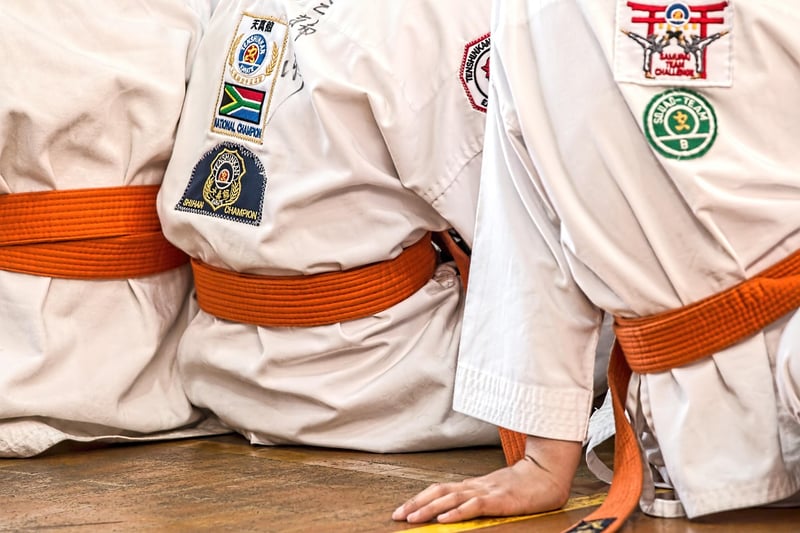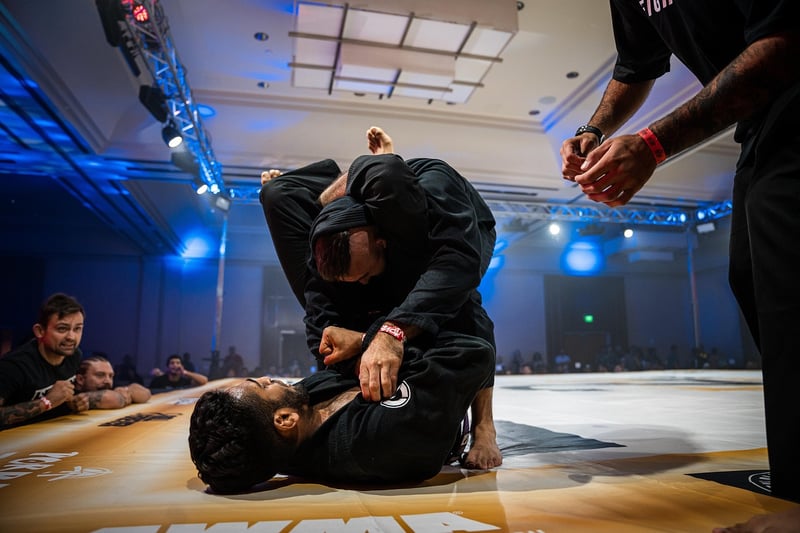Jiu-Jitsu
Discipline and Self-Defense through Martial Arts Practices + Jiu-Jitsu

Martial arts have long been revered for their ability to instill discipline and provide practical self-defense skills. Among the various martial arts disciplines, Jiu-Jitsu stands out as a highly effective and versatile form of combat that focuses on ground fighting and submissions.
The Benefits of Martial Arts Training
- Develops discipline and focus
- Improves physical fitness and flexibility
- Enhances self-confidence and self-esteem
- Teaches practical self-defense techniques
- Promotes mental clarity and stress relief
Introduction to Jiu-Jitsu
Jiu-Jitsu, also known as Brazilian Jiu-Jitsu (BJJ), is a martial art that focuses on grappling and ground fighting. It emphasizes leverage and technique over strength, making it suitable for practitioners of all ages and sizes.

Key Principles of Jiu-Jitsu
- Positional control and dominance
- Submission holds and joint locks
- Escapes and defense techniques
- Effective use of leverage and body mechanics
Why Jiu-Jitsu is Ideal for Self-Defense
Due to its focus on ground fighting and submissions, Jiu-Jitsu is particularly effective for self-defense in real-life situations where the fight may end up on the ground. Practitioners learn how to control and neutralize opponents without relying on strikes or kicks.
Conclusion
Whether you are looking to cultivate discipline, improve self-defense skills, or enhance your overall well-being, martial arts training, especially Jiu-Jitsu, offers a holistic approach to personal development. Consider enrolling in a Jiu-Jitsu class today to experience the transformative benefits firsthand!
Explore the world of martial arts and empower yourself both mentally and physically!
For more information on Jiu-Jitsu classes, visit BJJ Heroes.
